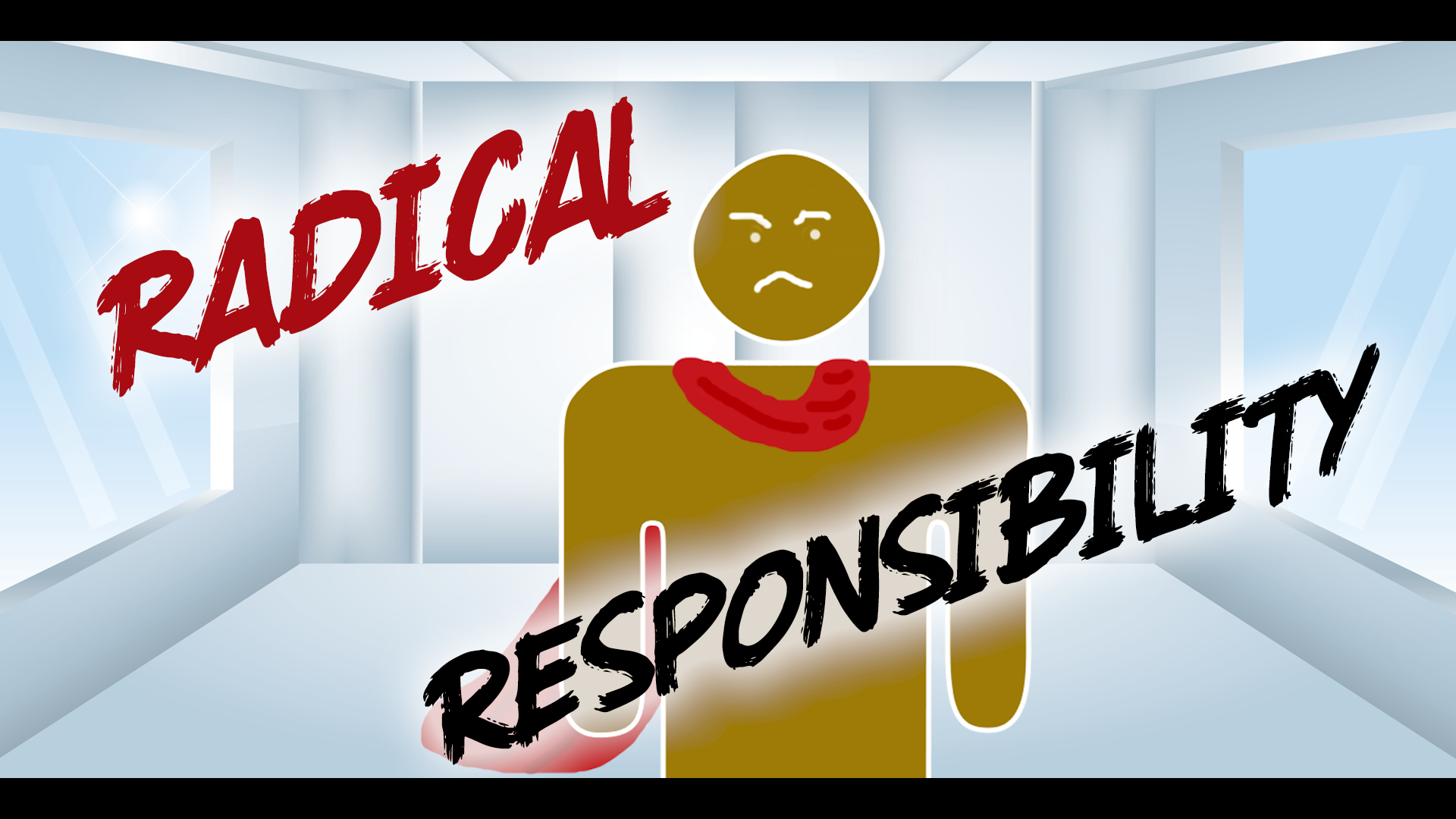
A few years ago, my friend J.D. Roth told me a story that’s stuck in my mind ever since. ⠀
⠀
During his 20’s and early 30’s, J.D. was broke and in credit card debt. But in his mid-30’s, he started a business, and within three years, he sold it for a significant sum. He became wealthy almost overnight. ⠀
⠀
That’s where the story begins. ⠀
⠀
After his fortunes turned, he took a look at the rest of his life and realized it was still brimming with problems. He felt unhappy with his current relationship, weight, overall health, poor eating habits, lack of travel and lack of exercise. ⠀
⠀
He was financially abundant, but unhappy with the rest of his life. ⠀
⠀
That’s when J.D. realized that throughout his life, he had used money as an excuse. ⠀
He would tell himself: “I can’t eat healthy foods, because I don’t have the money.” ⠀
⠀
He would tell himself: “I don’t have money for a gym membership, and I also don’t have time to exercise because I need to work.“⠀
⠀
When he got money, all his excuses were taken away. Yet his problems remained.
This was his “ah-ha” moment.⠀
“Having enough money is like stripping yourself naked,” J.D. told me. “It reveals the truth about who you are and the choices you make.”
⠀
He realized that money was never the problem. The problem was HIM. He never made health, relationships or travel a priority. If he wanted to solve these issues, he needed to take radical responsibility for his life. (And he did.) ⠀
⠀
Money didn’t solve his problems, but it gave him a kick in the pants. ⠀
⠀
The lesson? Sure, money will solve your financial problems. But it won’t magically fix your health, mood, weight, relationships, or general dissatisfaction with life. If you want to improve anything, make it a priority. And take radical responsibility.
______
I often talk about how money buys freedom. The obvious example of this is having enough money to quit a job you dislike. You could then start working for yourself, retire early, take a sabbatical (a “mini-retirement”) for a few months, travel the world, build a business or nonprofit, or spend more time enjoying hobbies and family at home.
But money doesn’t only afford freedom from meaningless work. It also purchases the ability to tackle life’s problems.
If you want to lose weight, for example, money allows you to get a gym membership, or a punch card to a yoga studio, or a set of free weights for your garage. You can buy fresh, unprocessed foods. You can get a blender to make smoothies.
But just because you can, doesn’t mean you will.
Having the ability to live your best life is one thing; actually doing the work to live your best life is another.
Money is a tool, like a hammer — but a hammer won’t magically build a house. It’s still your responsibility to draw the blueprints, figure out which tools you need, and use the hammer when necessary.
______
There’s a popular saying: “I’d rather be poor and happy than rich and miserable.”
This makes no sense.
Why are “rich” and “miserable” tied together? What makes wealth and happiness mutually exclusive? Nothing, of course. There’s no evidence that wealth and happiness are at odds with one another. In fact, if you dig into the research, the opposite seems to be true.
Research shows a strong correlation between money and happiness at the low- to middle- end of the income spectrum. To the extent that money provides for your basic needs, there’s a direct link between money and happiness.
After that, the correlation plateaus.
But — and this is key — at no point is the correlation ever inverse. In other words, there is no point at which more money correlates with less happiness. Money is either positive or neutral, but never negative.
Takeaway? Money may or may not make you happy. But a lack of money can make you unhappy.
And this furthers the idea that money is a tool. Tools alone can’t build your best life. But they help.
____
We’ve made a YouTube video that tells J.D.’s story and chats about the relationship between money and happiness. Check it out here: